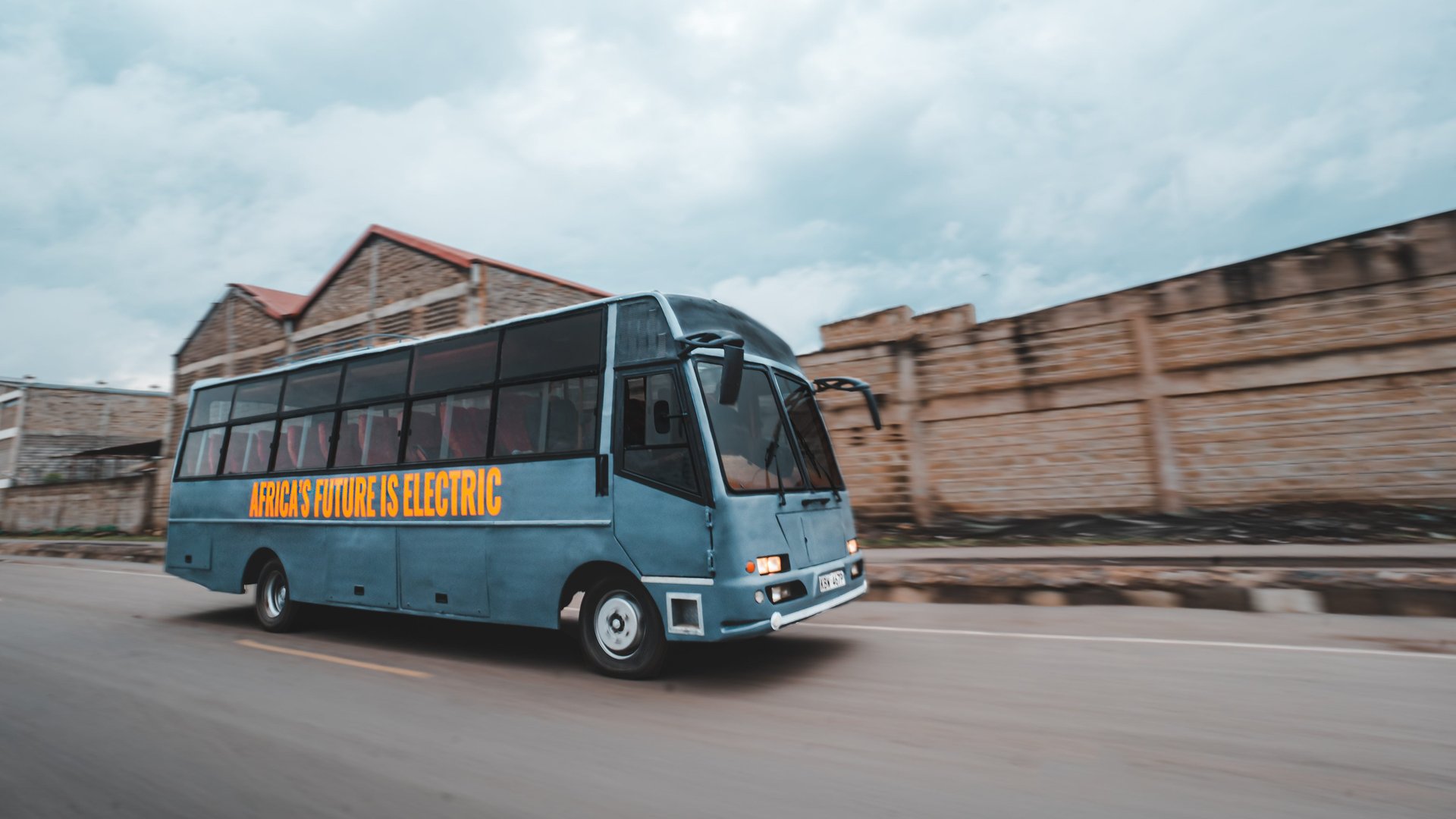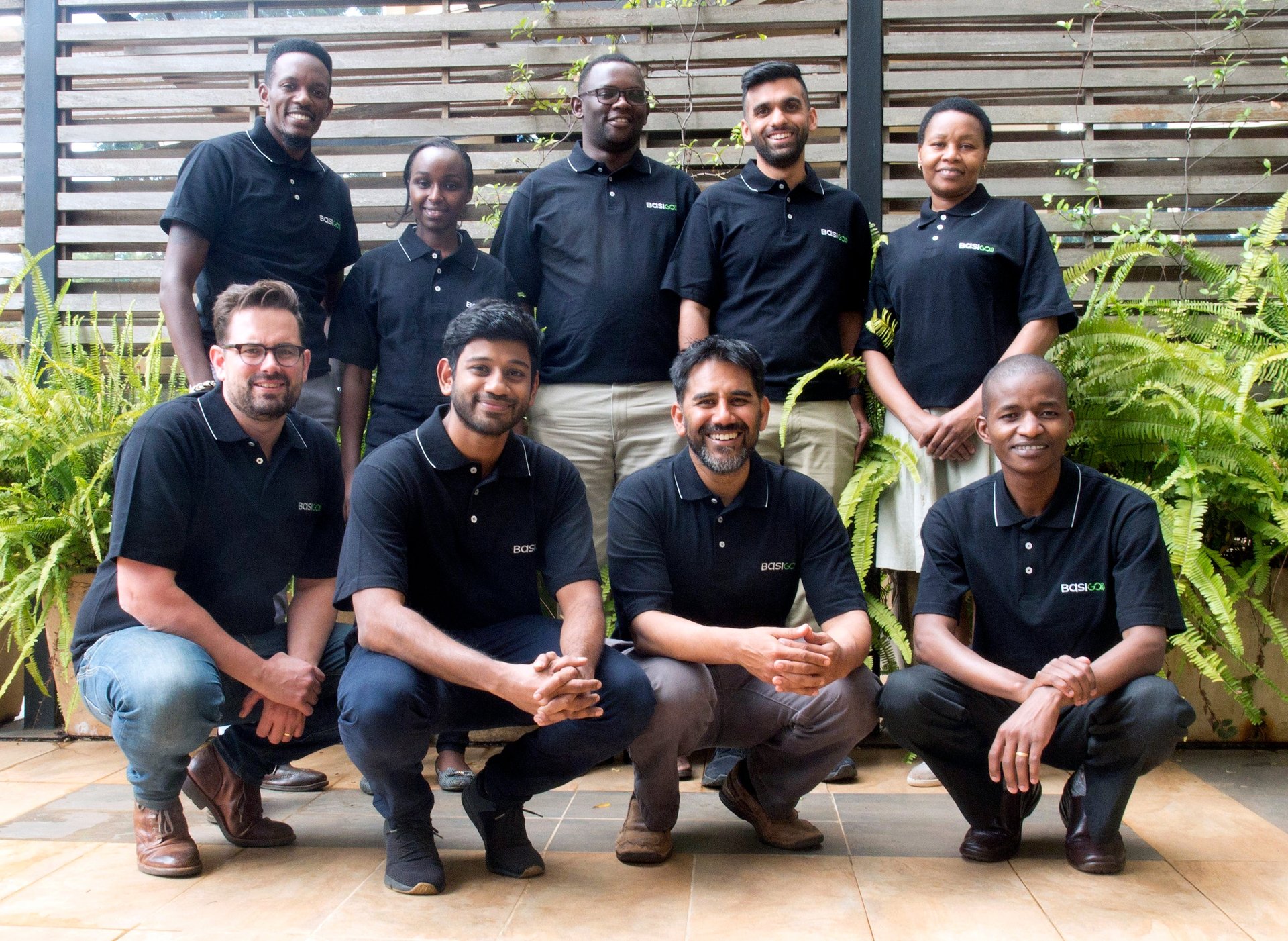Startups are eyeing Kenya as an African EV hub
Many e-mobility startups have set up shop in Kenya to try to put electric vehicles on Kenyan roads, in what may turn the country into a hub for EVs in the continent.


Many e-mobility startups have set up shop in Kenya to try to put electric vehicles on Kenyan roads, in what may turn the country into a hub for EVs in the continent.
Working to transform areas including public transportation, motorcycles, and taxis, the companies are looking to capitalize on Kenya’s position as a global leader in renewable energy, its wide tech adoption, and the government’s push for electric vehicles through friendly policies.
“Over 70% of our electricity come from renewable energy today. Not at some point in the future. Today. That means actually in this global push to electrify transit everywhere in the world, it would actually have greater impact for us to do it here,” Jit Bhattacharya, co-founder and CEO of the Nairobi-based e-mobility startup BasiGo, tells Quartz.
BasiGo, Opibus, Kiri, Nopea Ride, EVM Africa, Caetano, and Agilitee Africa are some of the companies pushing for the use of electric vehicles in Kenya.
Most of Kenya’s locally generated electricity comes from renewable energy
Kenya is a pacemaker in renewable energy, with 92.3% of electricity generated locally in 2020 coming from hydro, thermal, and wind power—thrice the amount that renewables contributed to electricity generation globally.
The country is also forward-thinking in the electric vehicle space. Only approximately 350 of Kenya’s 2.2 million cars are electric, but the country is looking to increase this number.
In 2019, Kenya reduced the import duty for fully electric vehicles. The following year, it released a strategy to increase adoption of EVs while reducing the amount it spends on importing petroleum and cleaning the environment. Measures in the strategy include having public buildings and new estates incorporate charging stations.
The country’s power utility, Kenya Power, plans to build charging points countrywide and push for further reduction of import taxes for electric cars.
In a more recent show of support for clean energy, Kenya said it would only use electric and hybrid vehicles for its bus rapid transport system that will be launched in the country’s capital, Nairobi, in June.
There are many electric vehicle companies in Kenya
One company, Finish Nopea Ride, has been running a taxi service using electric vehicles in Kenya since 2018.
Basigo plans to offer electric buses along with charging and maintenance services for bus operators in east Africa. It sources the vehicles from BYD, one of the world’s largest makers of electric vehicles. BasiGo plans to make the buses affordable to operators through a financing model.
BasiGo has already brought two 25-seat electric buses to Kenya and they are undergoing performance and reliability tests in Nairobi. The vehicles will begin a pilot with bus operators in Nairobi next month.
The company has also opened a charging and servicing depot for electric buses in the city.

On Feb. 9, Basigo announced seed funding of $4.3 million to launch sales and delivery of its electric buses this year, as well as local assembly of its electric buses in Kenya.
Besides Kenya’s green potential, Bhattacharya, the BasiGo CEO and co-founder, sees the country as an ideal entry point for its model due to the country’s huge, booming public transport system, where he finds buses “are most heavily utilized” with high mileages. This, he says, would make Basigo’s work and the electric vehicles beneficial by reducing fuel and and maintenance costs.
“This is where the impact can be greatest,” he says.
A Swedish-Kenyan company has deployed 170 vehicles
Opibus, another company in the electric vehicle space in Kenya, designs, develops, and manufactures electric vehicles. Founded in 2017, the Swedish-Kenyan technology company develops electric motorcycles, electric public transport, and commercial vehicles, and well as charging and energy solutions.
Opibus has so far deployed 160 motorcycles and 10 cars converted from petrol and diesel engines. Last month, it introduced the first all-electric bus in Kenya that is also the first African-designed electric bus.
Last year, Opibus raised $7.5 million in a funding round to prepare for scale up and mass manufacturing starting 2022. It also entered a partnership with Uber to supply 3,000 electric motorcycles in Africa.
Opibus has motorcycle pilots in six other African countries. It chose Kenya as a central point for its activities because they see potential for electric vehicles in the country due to its push for environmental policies and promotion of technological shifts, says Albin Wilson, the company’s chief marketing officer. The government, he says, understands Opibus’ vision and tries to implement policies that that help them “get off the ground.”
“There’s so much more you can do with this. It’s a whole new industry,” he says. “If Kenya can become the EV hub of Africa, that would be immense.”
Sign up to the Quartz Africa Weekly Brief here for news and analysis on African business, tech, and innovation in your inbox.